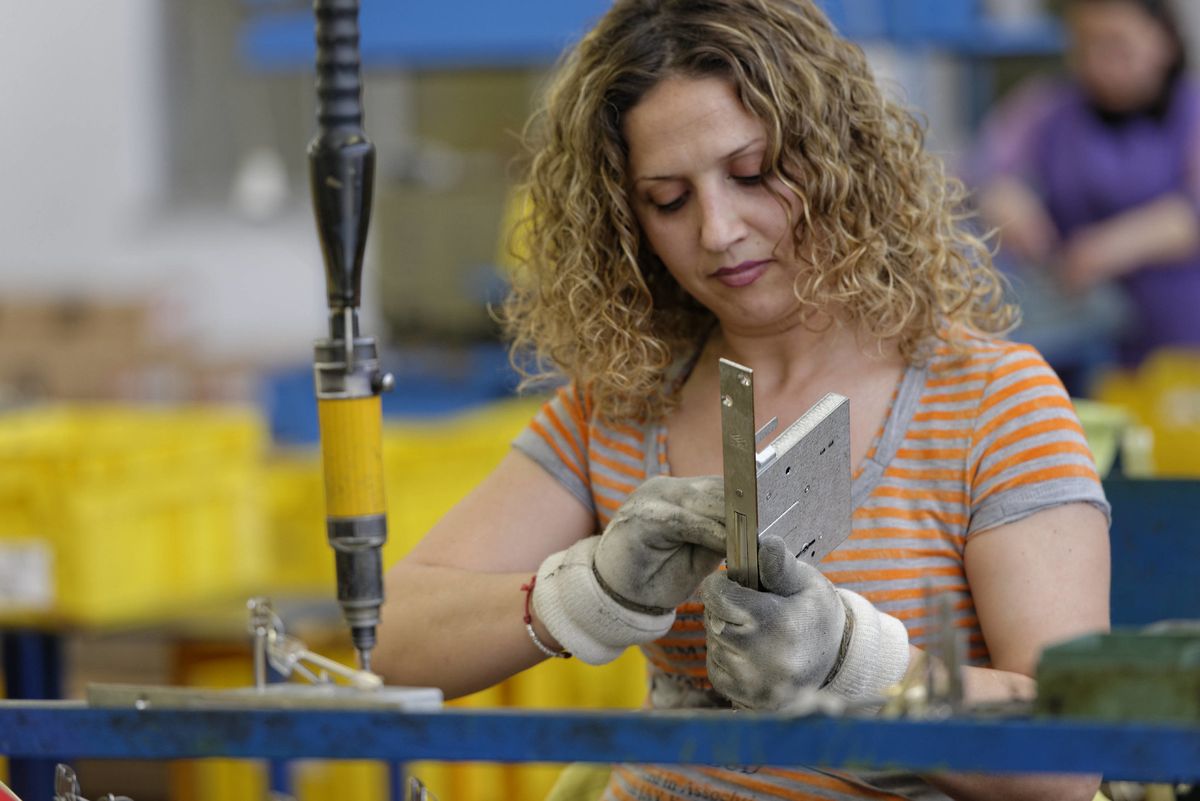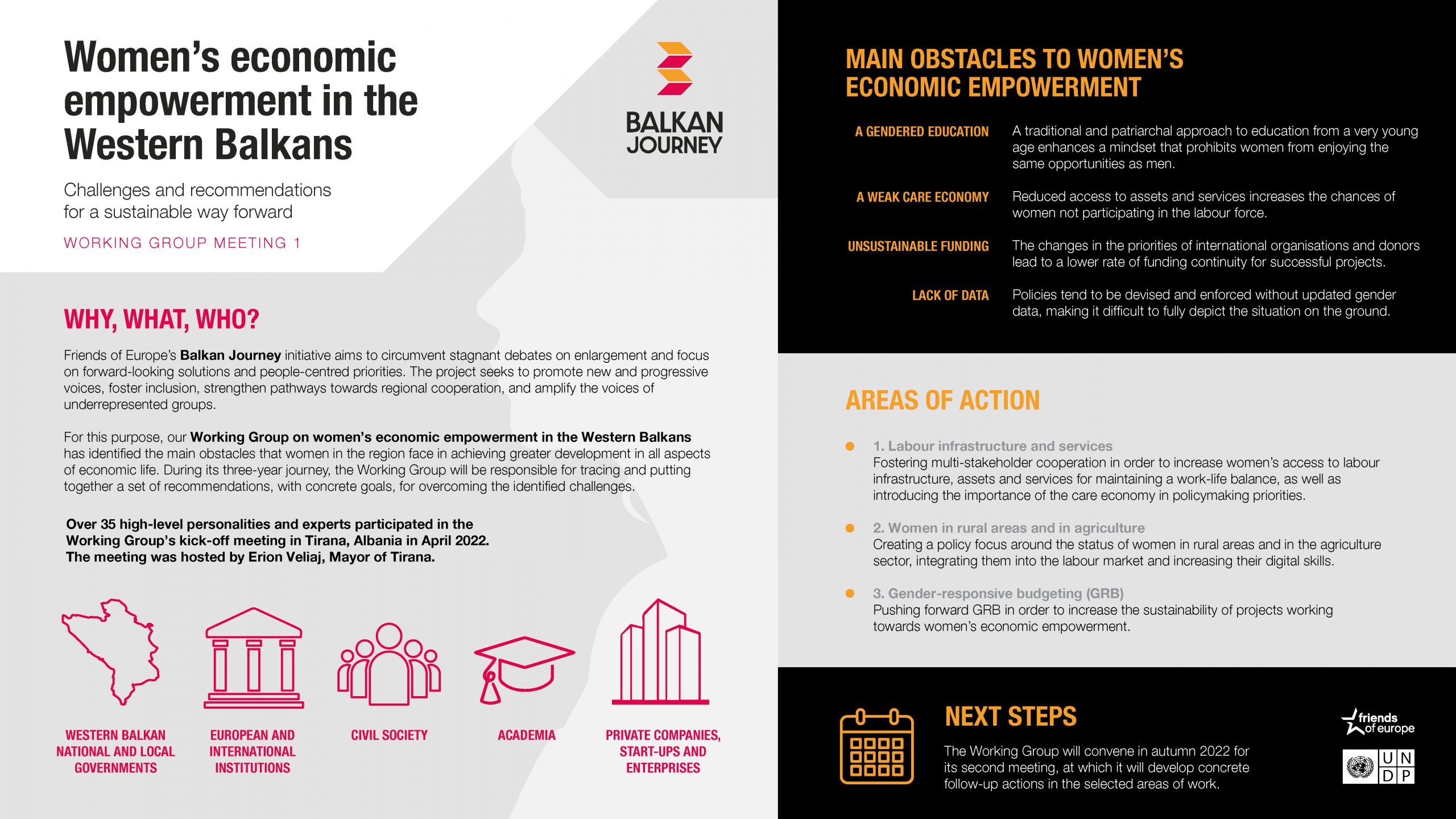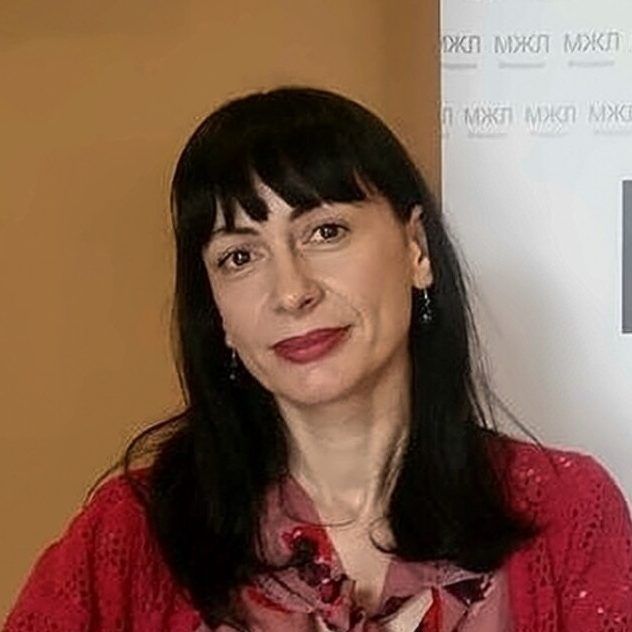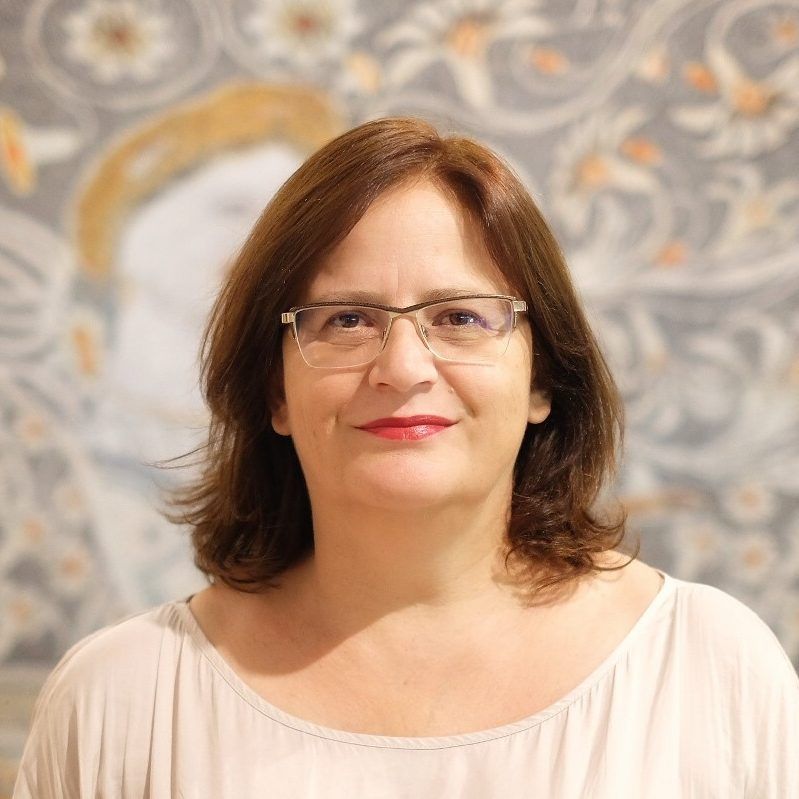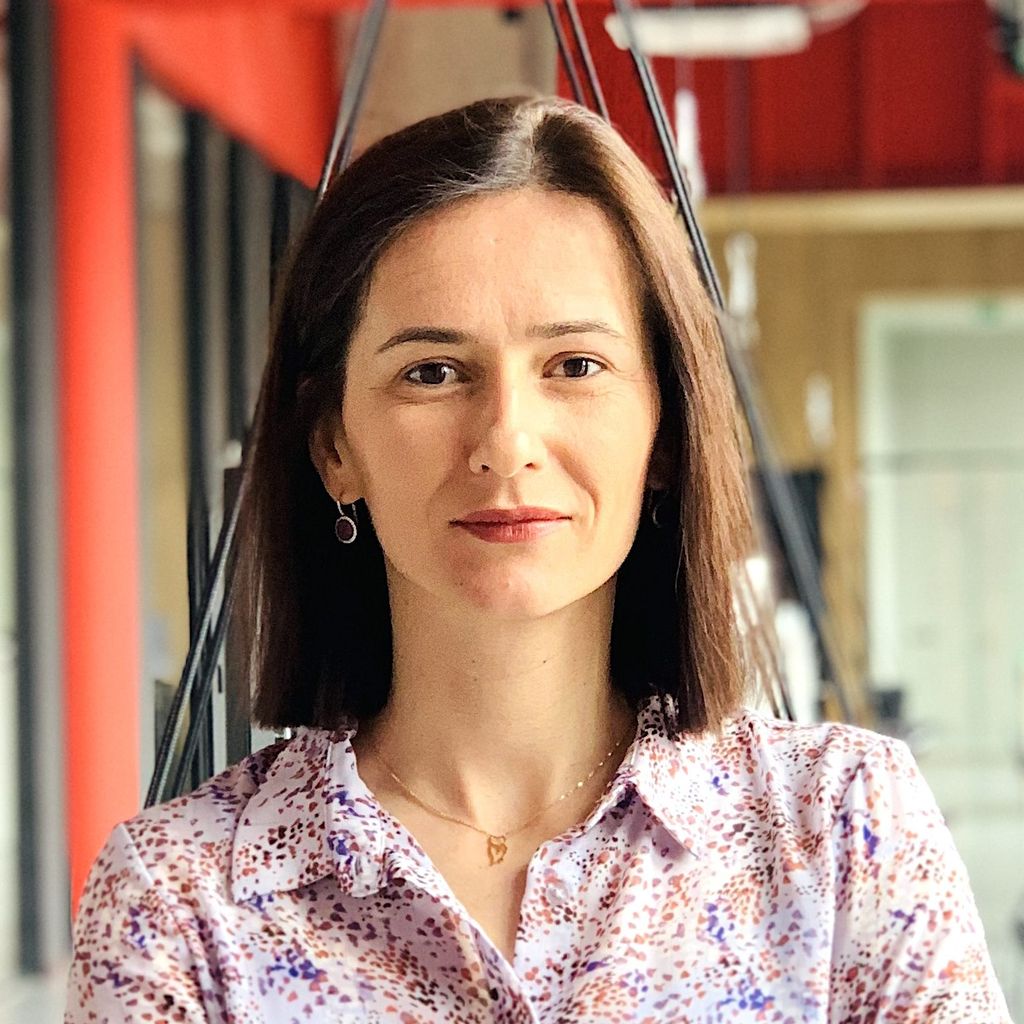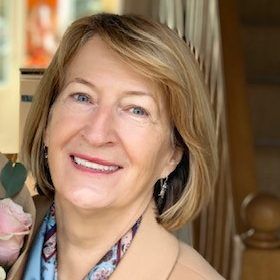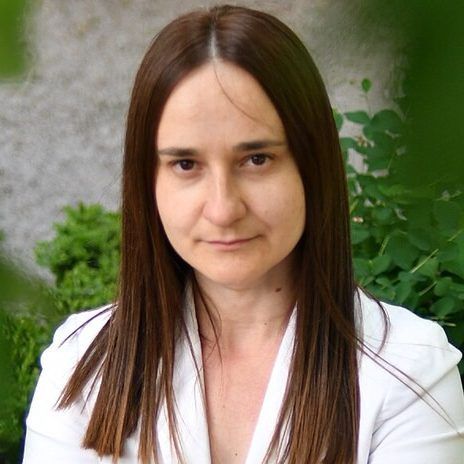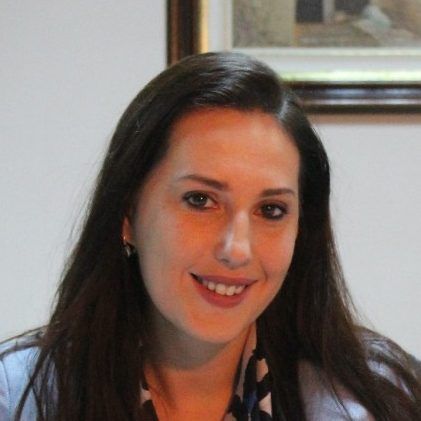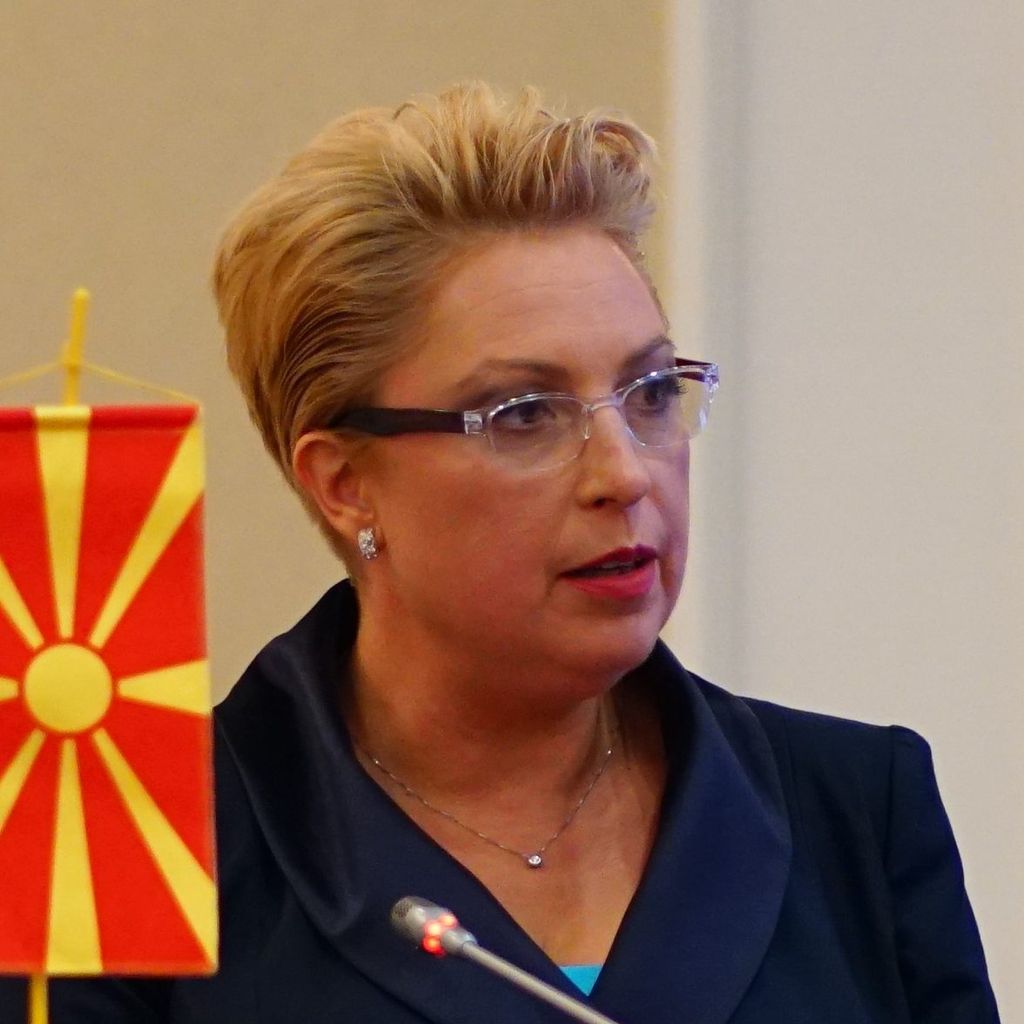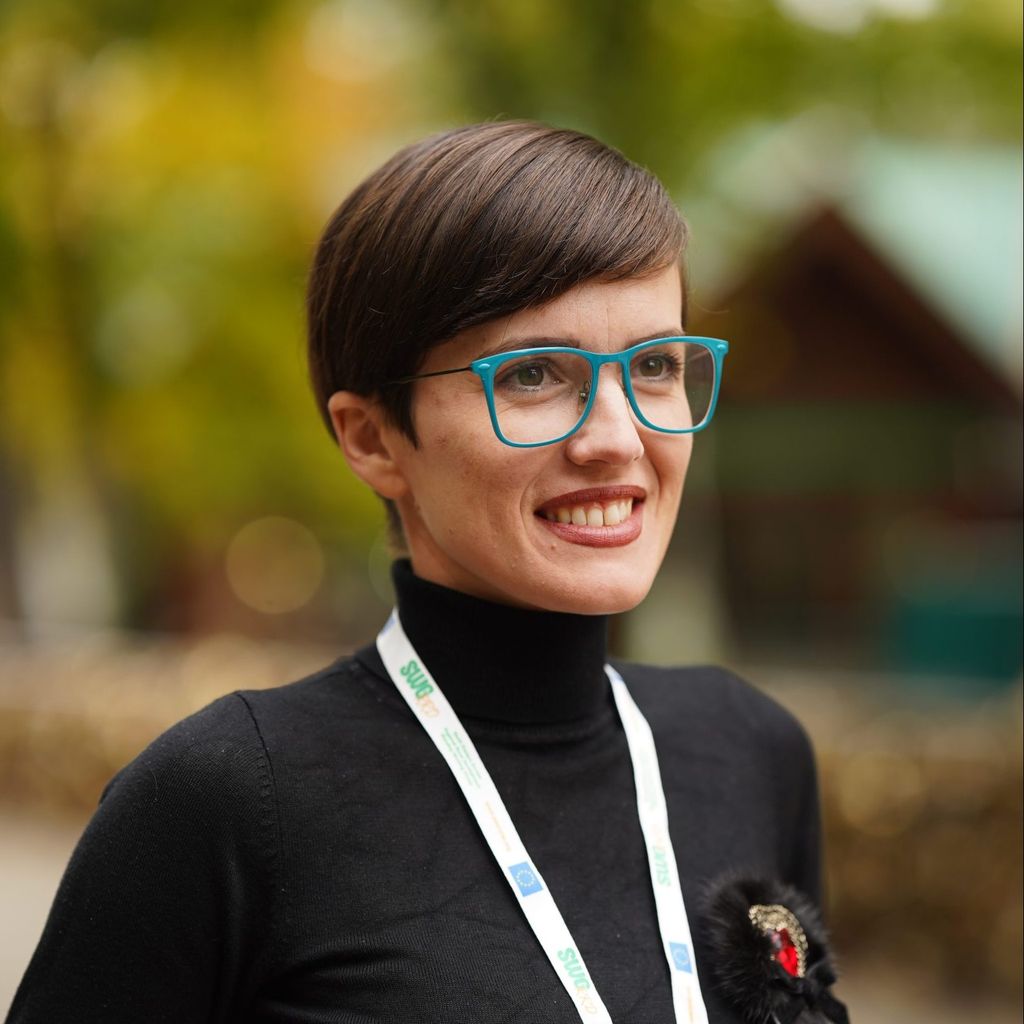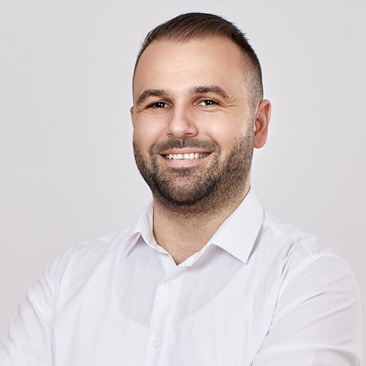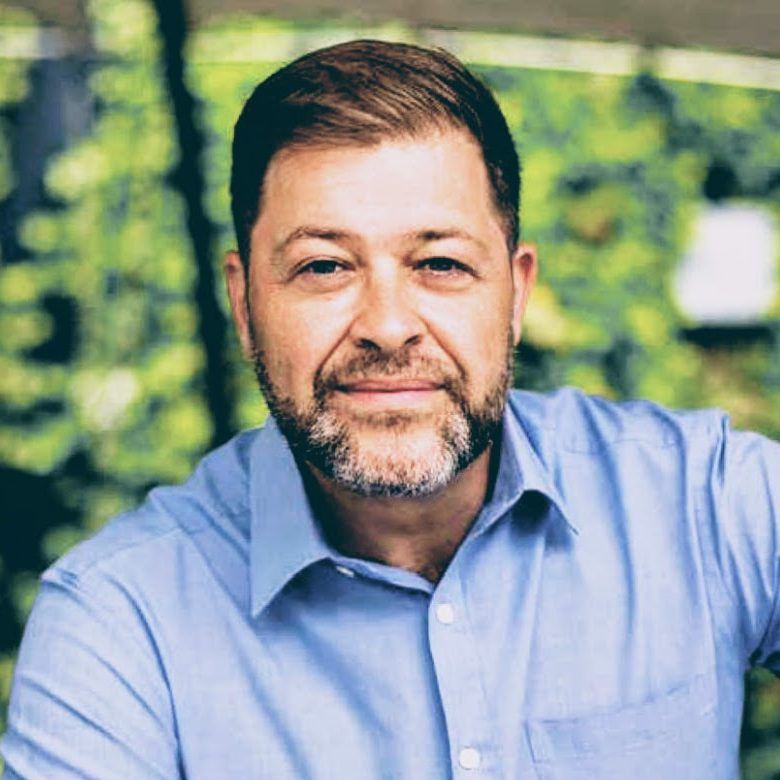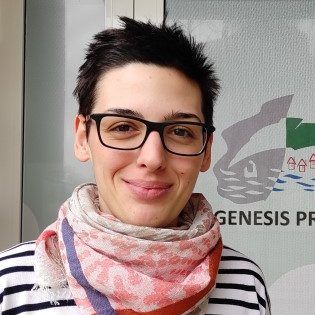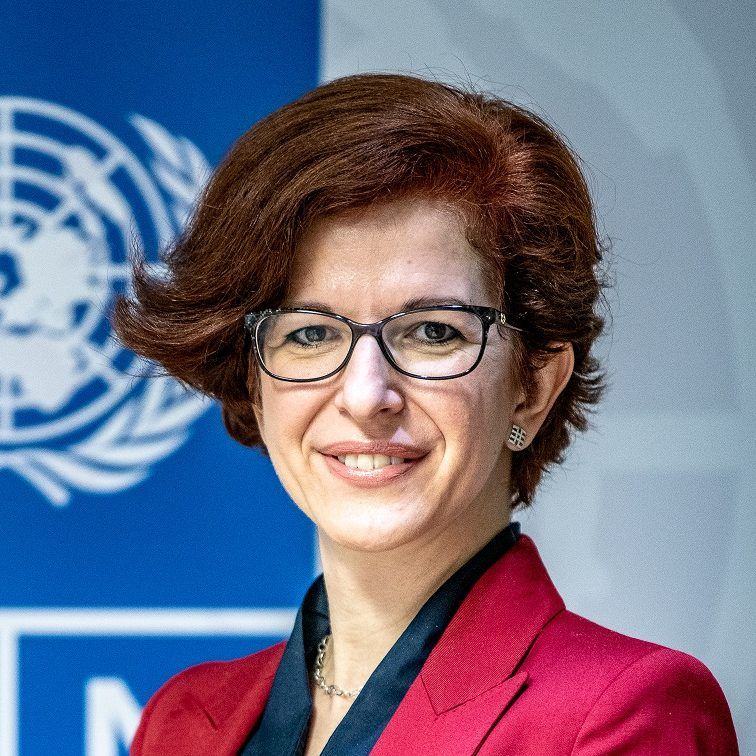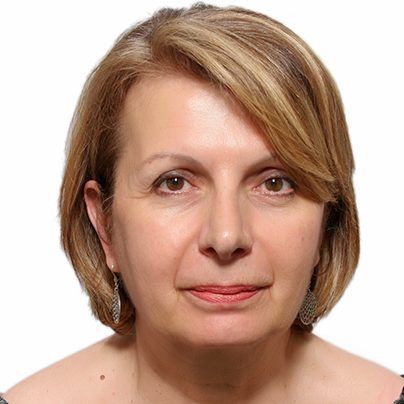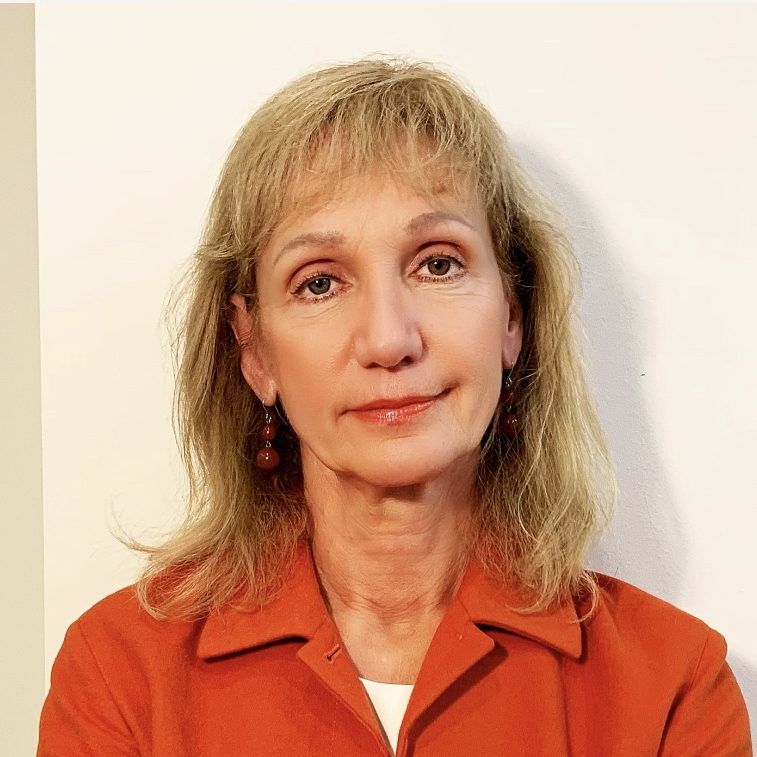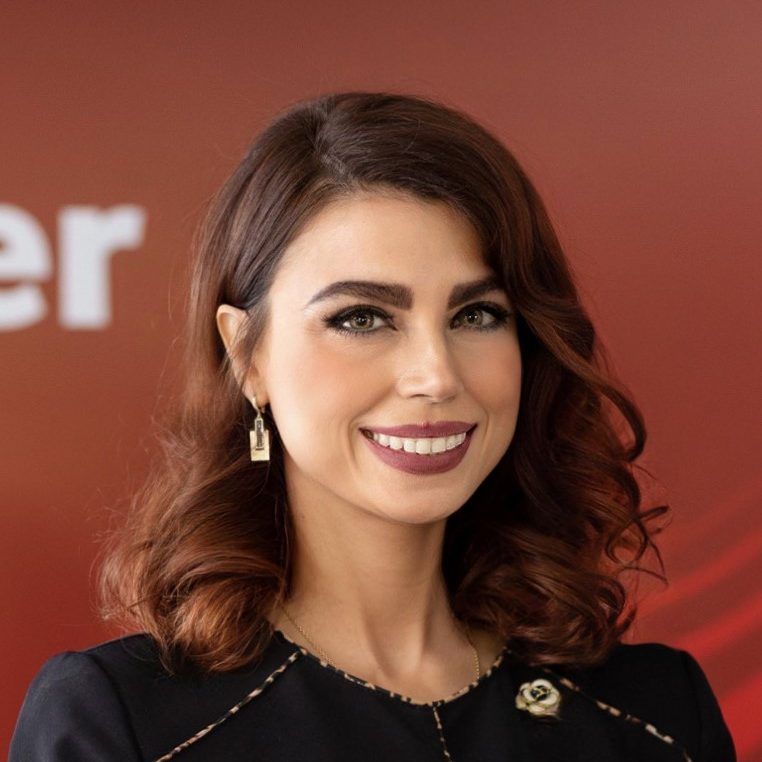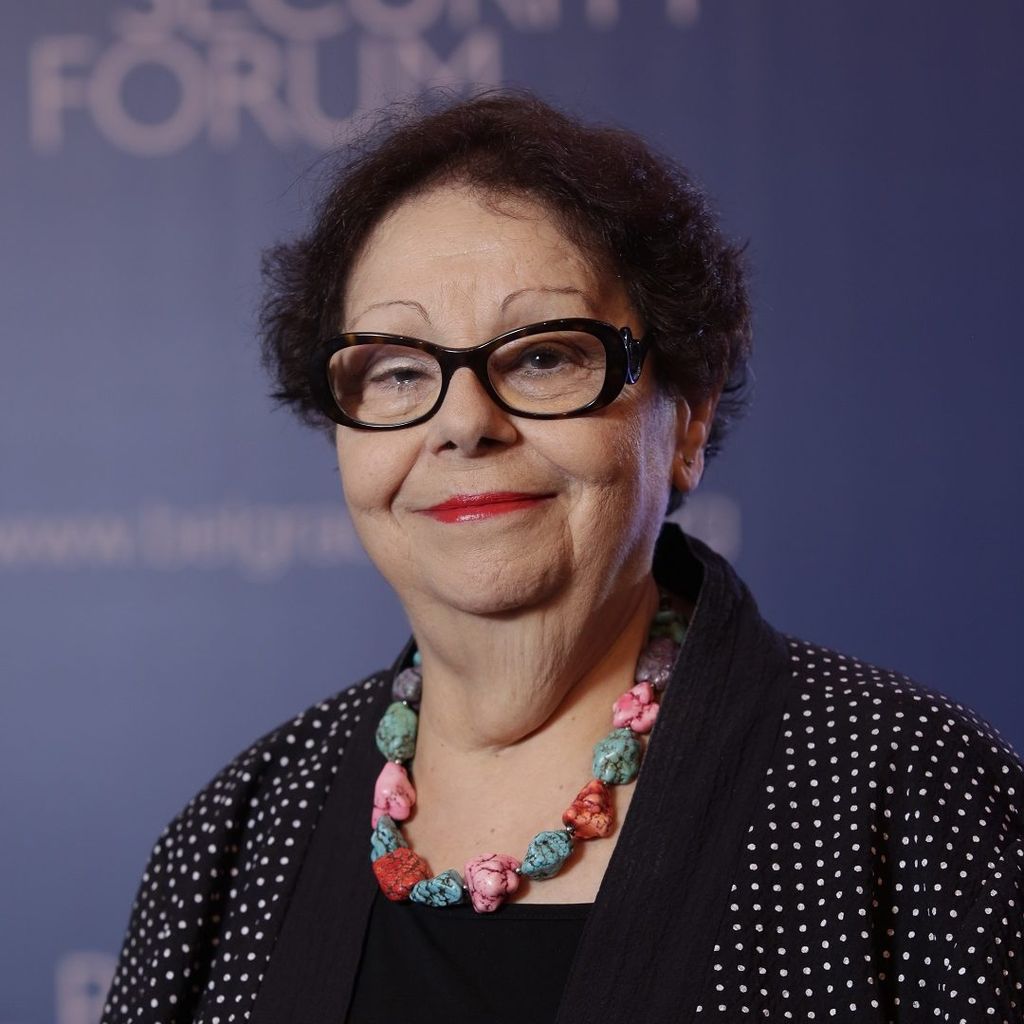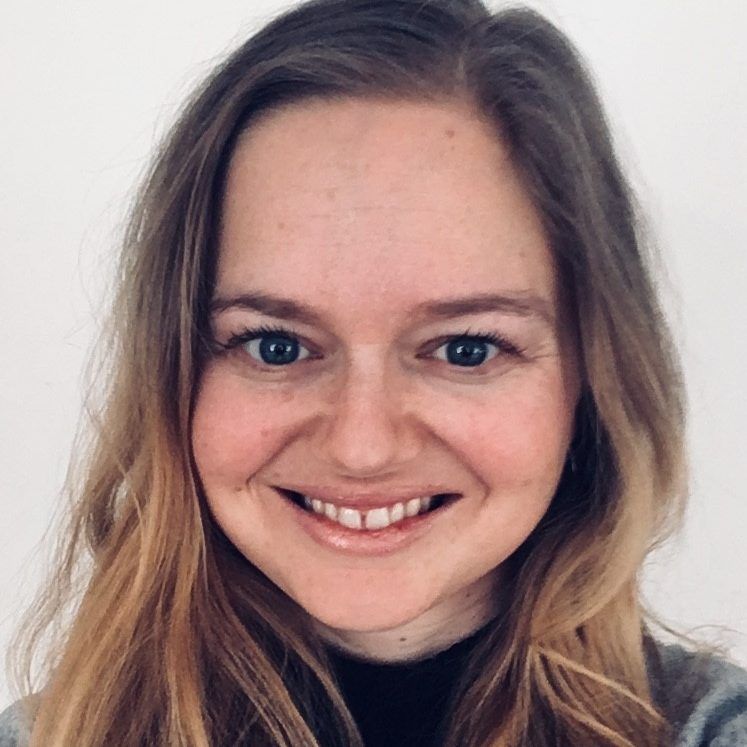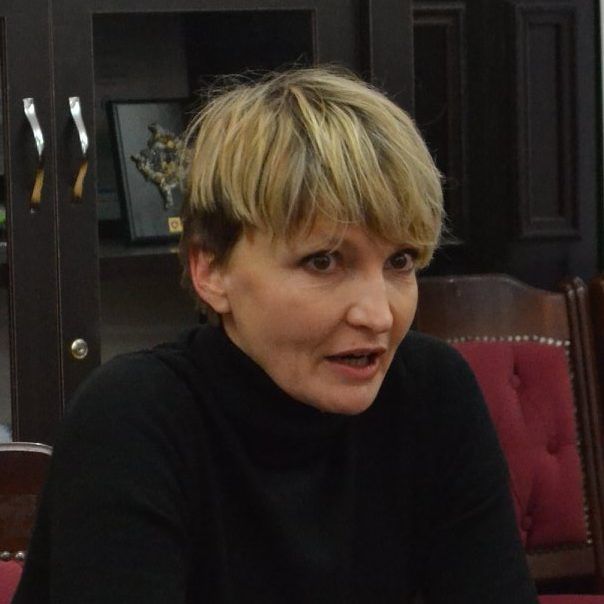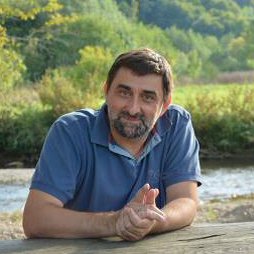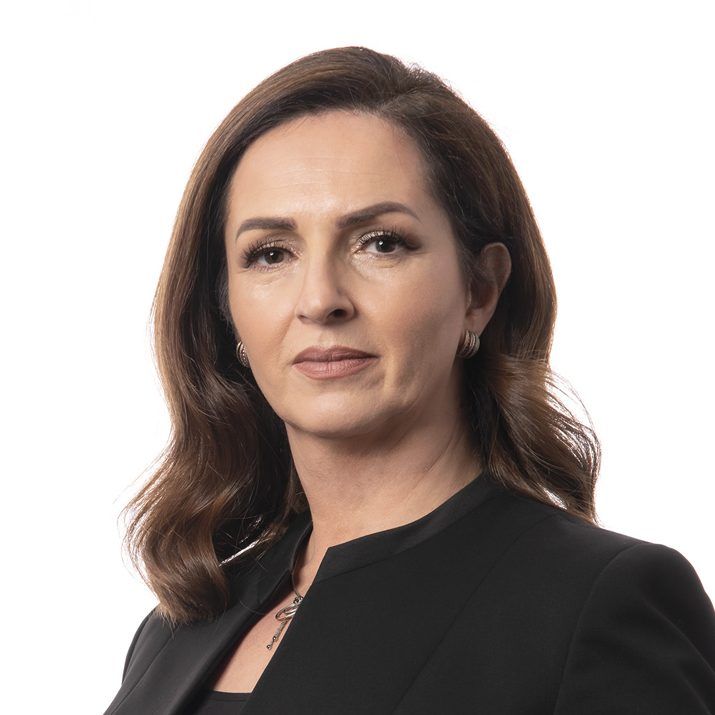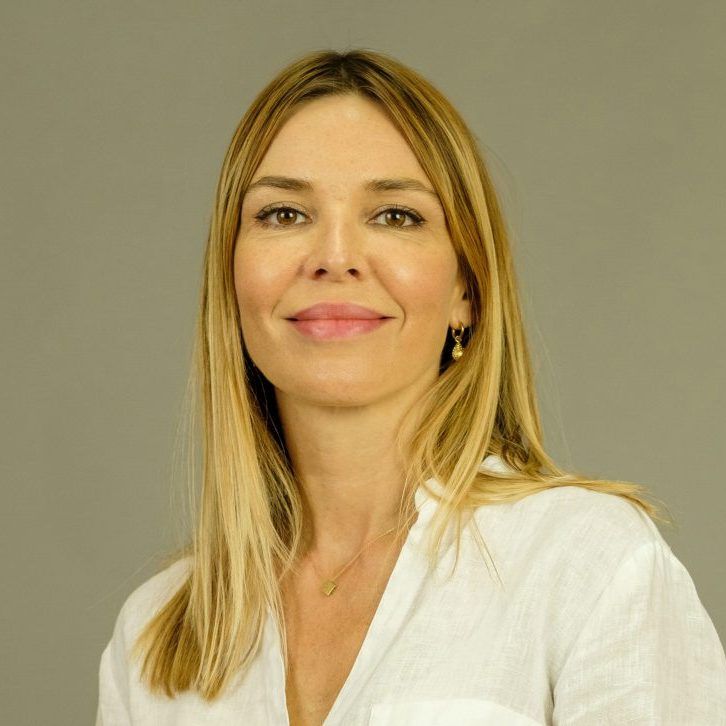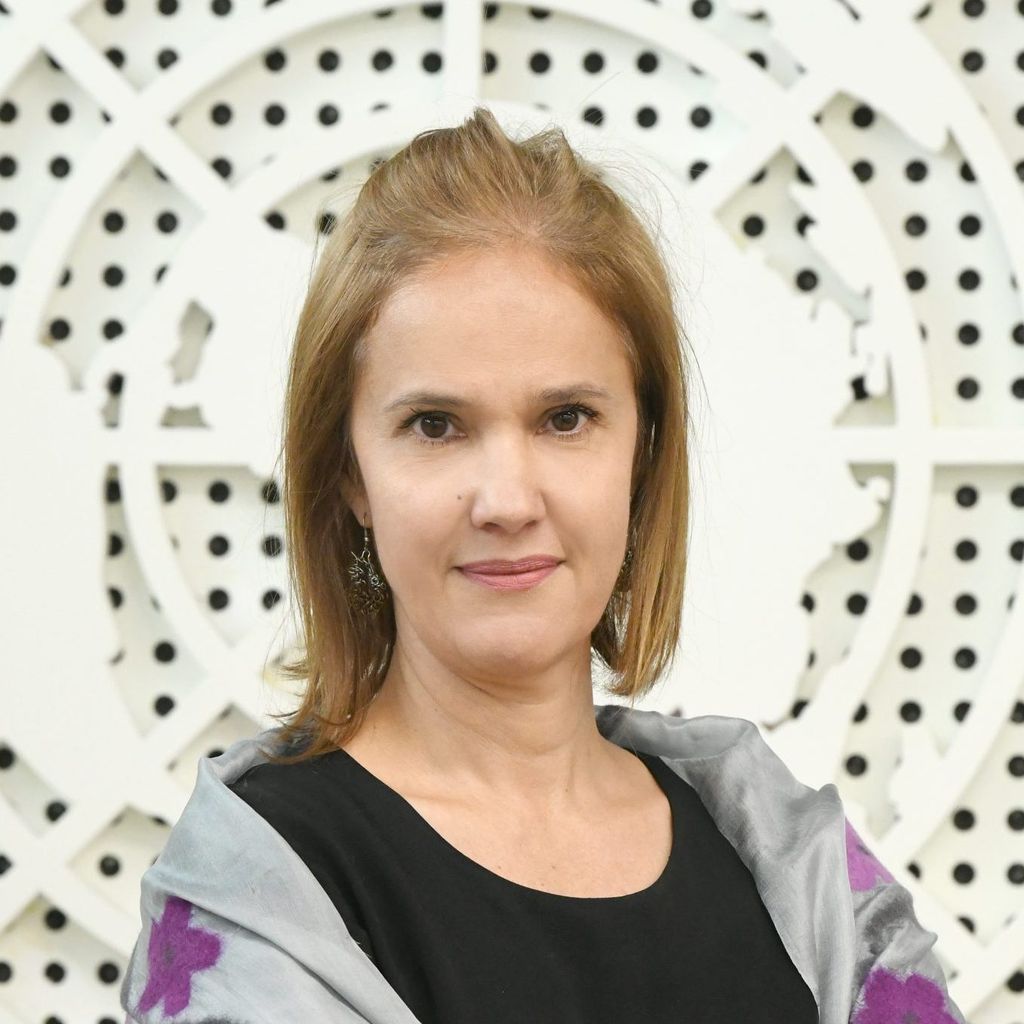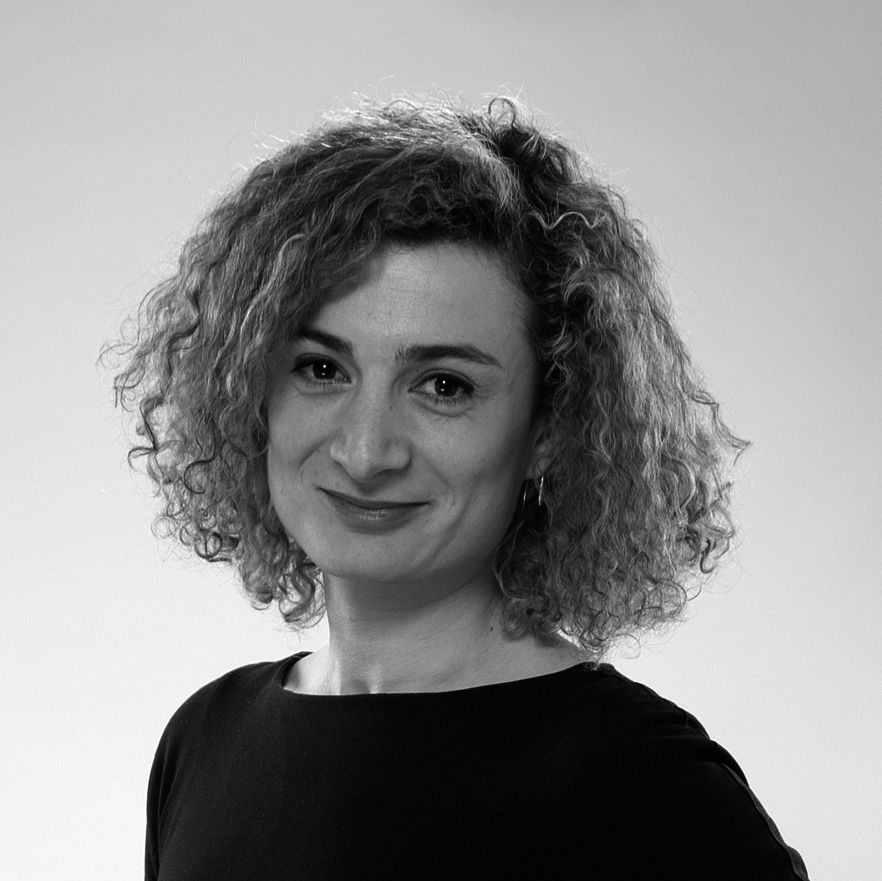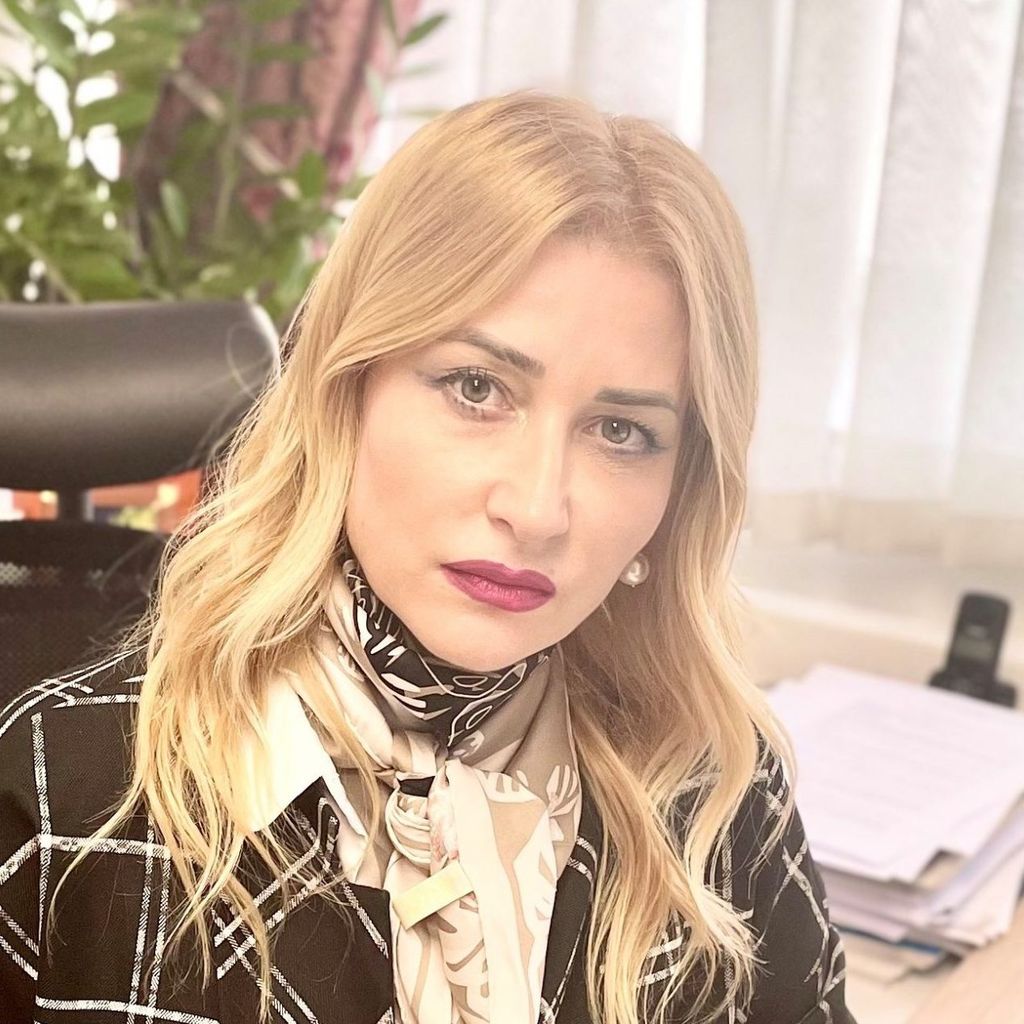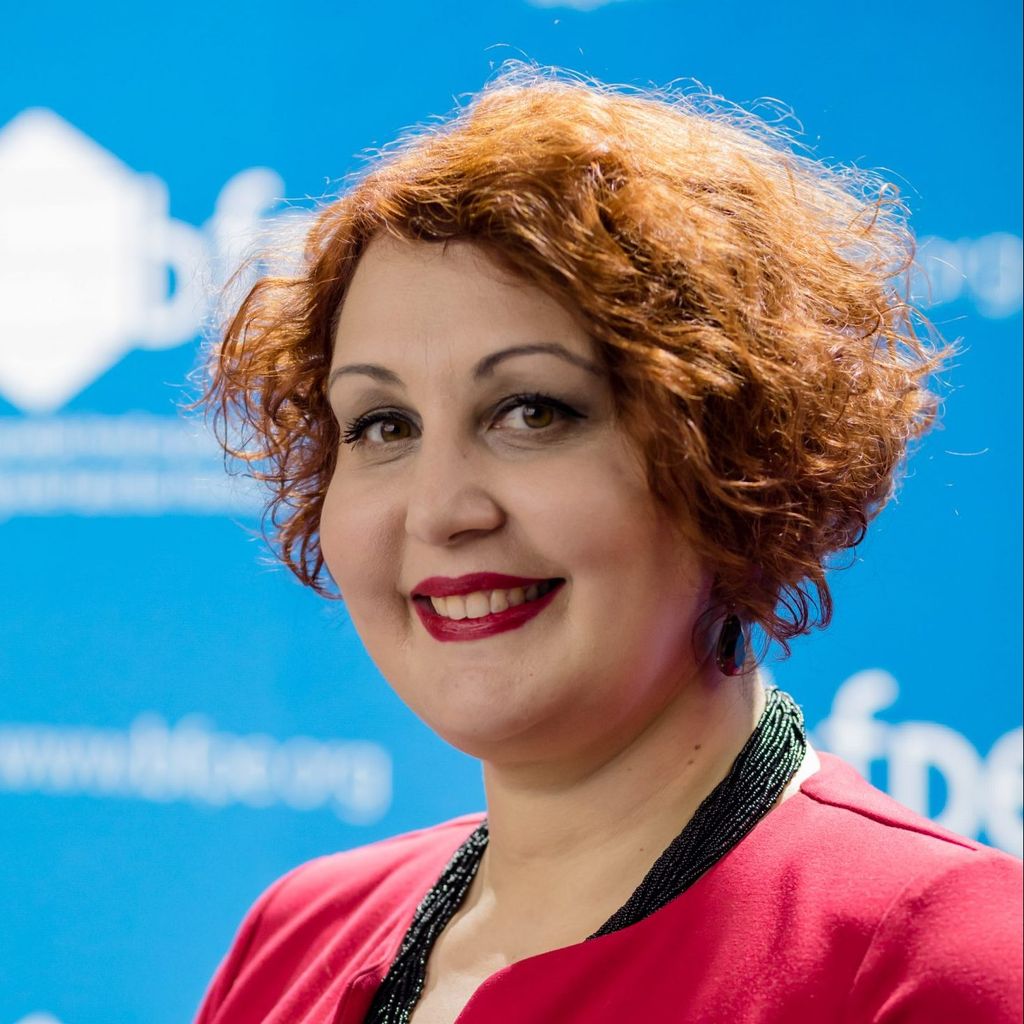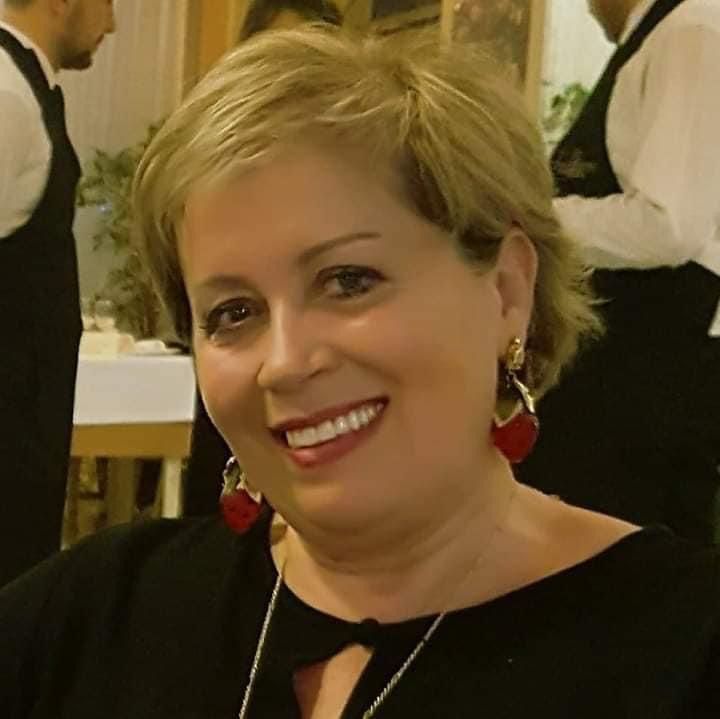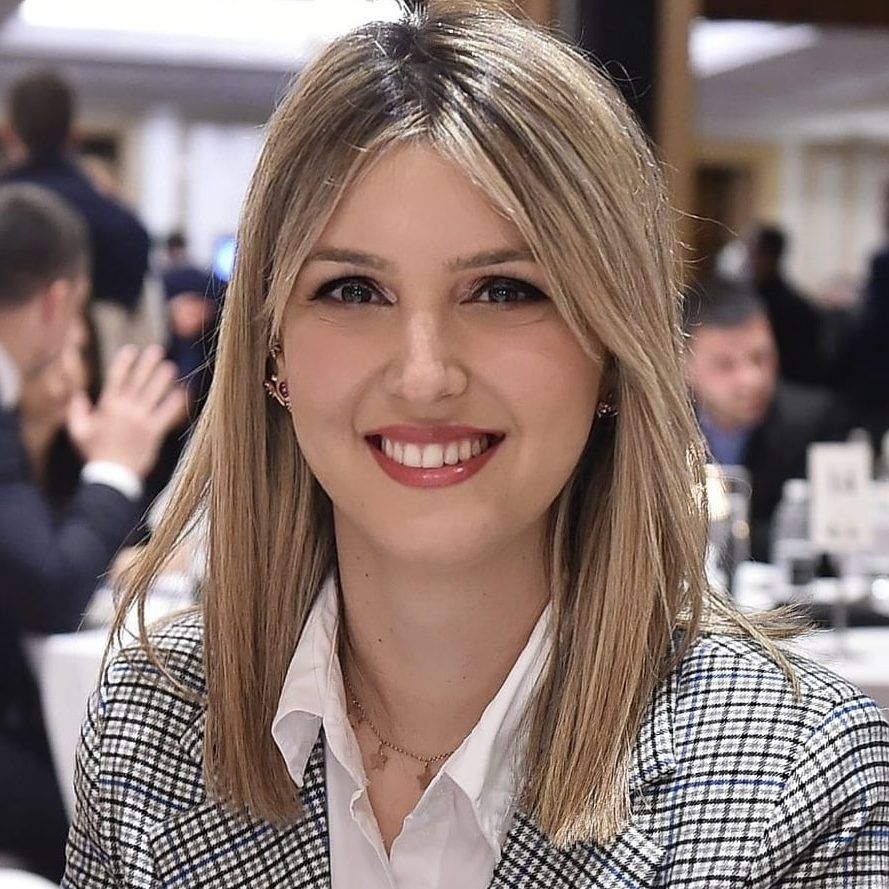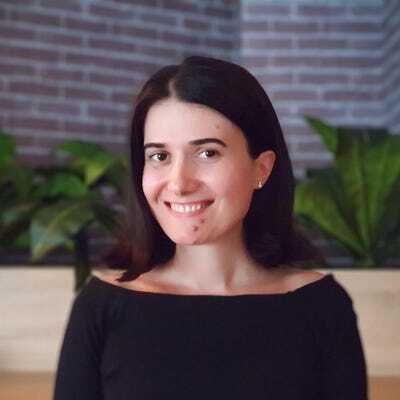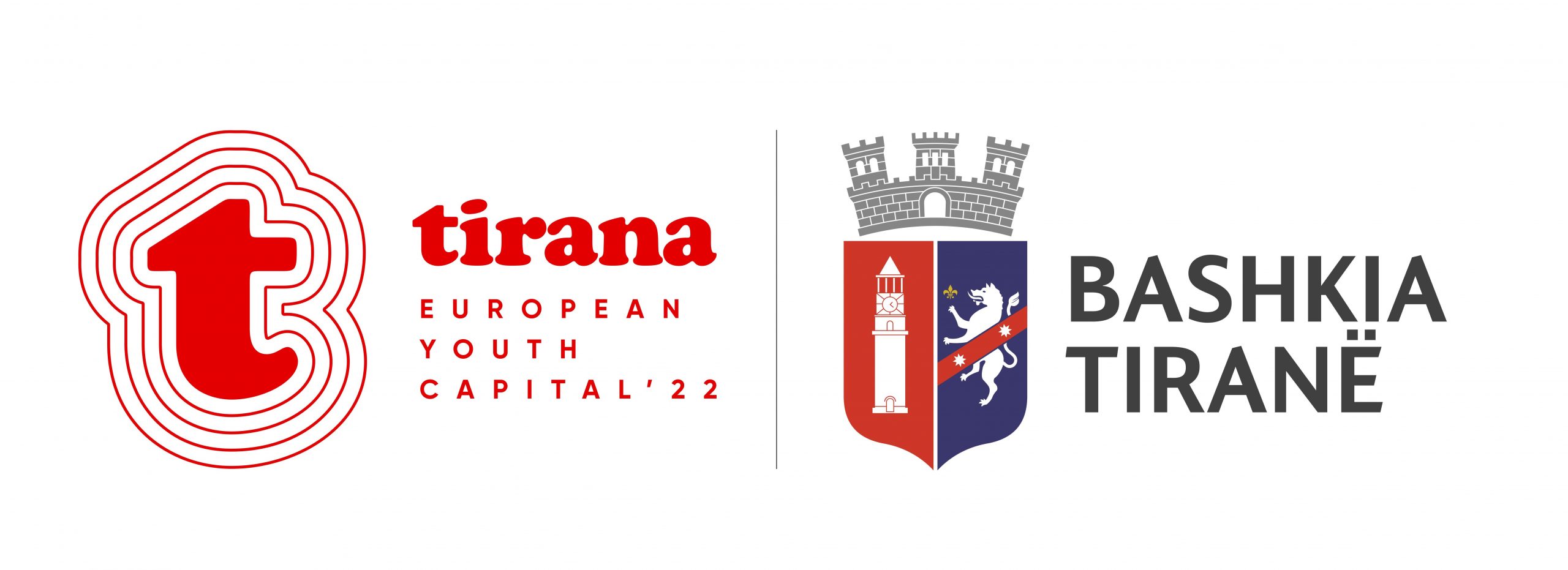Key questions are:
- How does women’s economic empowerment link with development?
- What are the best avenues, tools and mechanisms to bring this link forward?
- How can we ensure that women are seen as protagonists of their own empowerment?
- How do we strengthen women to have the resources to be economically successful?
- Do we need to rethink the current model of economic empowerment?
Members
Daniela Antonovska
Gender Expert and Consultant
Mirela Arqimandriti
Executive Director of the Gender Alliance for Development Center
Danela Arsovska
Mayor of the City of Skopje
Vesna Bojicić-Dzelilović
Associate Professorial Research Fellow at the London School of Economics and Political Science (LSE)
Emina Bošnjak
Executive Director of the Sarajevo Open Centre (SOC)
Fjoralba Caka
Professor of EU Law at the University of Tirana, former Albanian deputy minister of justice and 2020-2021 European Young Leader (EYL40)
Valentina Disoska
President of the Association of Business Women and the National Platform for Women Entrepreneurship (NPWE) of North Macedonia
Anđela Đokić
MyGuideNetwork Strategic Alliances Manager in Europe
Dita Dobranja
Adjunct Lecturer at the Rochester Institute of Technology Kosovo
Besar Durmishi
Head of the City Council of the Municipality of Tetovo
Maria Fernandez
Policy Officer at the European Commission Directorate-General for Neighbourhood and Enlargement Negotiations (DG NEAR)
Mads Galsgaard
CEO of Learnio
Nikolina Garača
Programme Coordinator of the Genesis Project
Daniela Gašparíková
United Nations Development Programme (UNDP) Resident Representative for Montenegro
Elena Grozdanova
State Counselor for Equal Opportunities at the Ministry of Labour and Social Policy of North Macedonia
Irina Kausch
Programme Manager of Pro Sustainable Employment and Economic Development (ProSEED) at Deutsche Gesellschaft für Internationale Zusammenarbeit (GIZ) Office in Albania
Jonida Lakuriqi
Director of Legal and External Affairs at Vodafone Albania
Sonja Licht
President of the Foundation BFPE for a Responsible Society (BFPE)
Stina Magnuson Buur
Head of Office Western Balkans at the Kvinna till Kvinna Foundation
Dragana Marjanović
Gender and Economic Inclusion Specialist at the European Bank for Reconstruction and Development (EBRD) Office in Serbia
Miodrag Matavullj
Executive Director of the Centre for Economic and Rural Development (CERD)
Arbërie Nagavci
Kosovar* Minister of Education, Science and Technology
Maja Raičević
Executive Director at Women's Rights Center (WRC)
Milana Rikanović
Head of Office at UN Women Serbia
Emi Saliasi
Senior Talent Acquisition Consultant at Perrett Laver
Svetlana Stefanović
Executive Director at Foundation BFPE for a Responsible Society (BFPE)
Jolanda Trebicka
Executive Director of Europartners Albania
Olivera Vukajlović
Acting Head of the Directorate for Competitiveness Enhancement at the Ministry of Economic Development of Montenegro
Diana Xhumari
CEO of Tegeria
Rapporteur
Xhorxhina Bami
Journalist at Balkans Investigative Reporting Network (BIRN)
